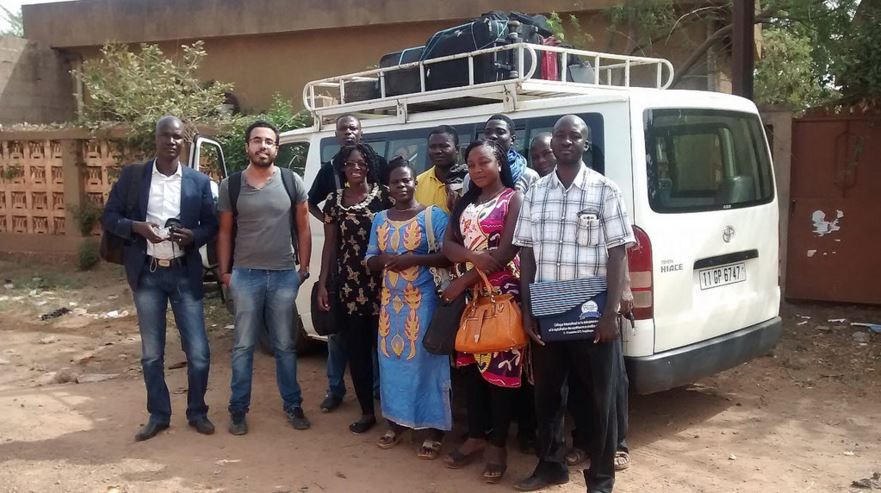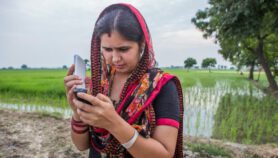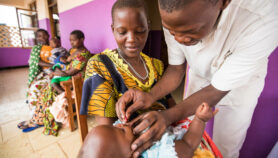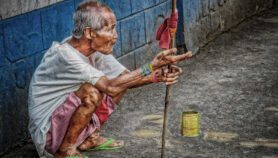By: Imogen Mathers
Send to a friend
The details you provide on this page will not be used to send unsolicited email, and will not be sold to a 3rd party. See privacy policy.
If you are unable to listen to this audio, please update your browser or click here to download [11.7 MB].
Burkina Faso held its first free and fair election for three decades last week. For 27 years, the West African country was ruled by Blaise Compaoré, before he was ousted in a popular uprising in October 2014. After a coup this September briefly unseated the interim government and the elections planned for October were postponed, the situation in the country was tense. But last Tuesday Roch Marc Kabore was declared president after an election that observers said was characterised by “calm and serenity”.
Burkina Faso’s election was also a first for other reasons, says Liz Carolan, international development manager at the Open Data Institute in London, United Kingdom. In this audio interview, she explains how, for the first time in any African country, election results were published as open data in real time for citizens. In most elections on the continent, results are gathered together and published in one block, creating a delay of days that can be “a period of suspicion, of rumour”, Carolan says. “We’re reducing the period of uncertainty between when polls close and when votes are counted.”
The project was an offshoot from two years of working alongside the data analysts of the Burkina Open Data Initiative in Ouagadougou to make government data accessible to the public. “This is about young people wanting a better country for themselves and doing something about that,” Carolan says. “They’ve been able to take that skill set and find a way to apply it to help their country through this transition — it’s really quite admirable.”














